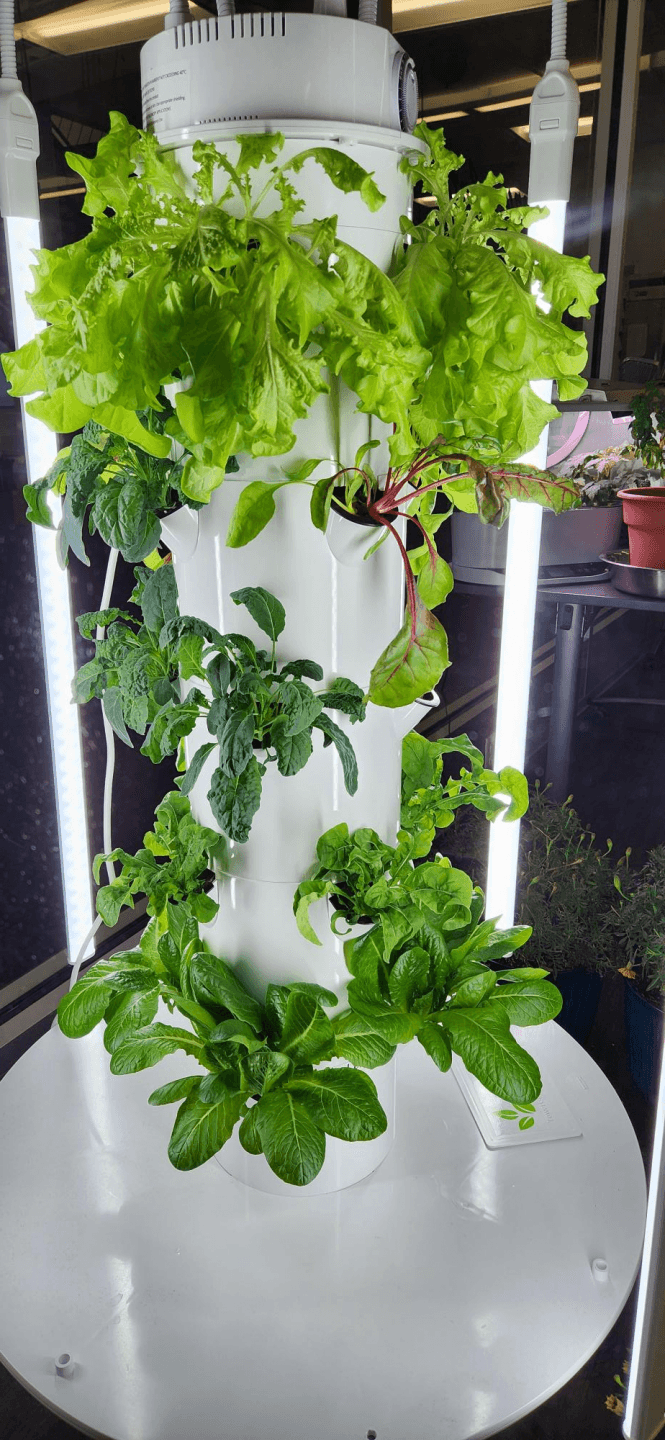North Dakota Funds Hydroponic Gardens for K through 12 Schools
The North Dakota Department of Agriculture announced funding to provide hydroponic garden kits to K through 12 schools, with about 50 kits available on a first come, first served basis. Applications are due Dec. 8, 2025, and awarded schools will receive kits in early January 2026, a program that aims to bolster STEM learning and increase local access to fresh produce.
Listen to Article
Click play to generate audio

The North Dakota Department of Agriculture, led by Agriculture Commissioner Doug Goehring, has launched a program to distribute roughly 50 hydroponic garden kits to K through 12 schools across the state. The agency expects to award the kits on a first come, first served basis. Schools may apply online through the North Dakota Department of Agriculture website. Applications must be submitted by Dec. 8, 2025, and successful applicants will be notified by Dec. 15. The department plans to deliver the gardens in early January 2026. The announcement was originally posted by the department and reported on Nov. 13, 2025.
For Stutsman County schools, including Jamestown Public Schools and surrounding rural districts, the program presents an opportunity to expand classroom-based science education while producing food for school meals, classroom use, or community distribution. Hydroponic systems grow plants without soil, using nutrient solutions, which allows for year round production, compact installations inside school buildings, and faster growth cycles compared with traditional soil based methods. These characteristics can be particularly valuable in North Dakota where winter limits outdoor growing seasons.
From a policy perspective the initiative aligns with state priorities to integrate STEM education into practical experiences and to strengthen local food access. Investing in school based indoor agriculture can create low cost hands on learning opportunities for students while exposing them to technologies that are becoming more relevant within the broader agricultural sector. For local labor markets, exposure to controlled environment agriculture may help build a pipeline of students with technical skills applicable to agribusiness, food technology, and green job sectors.
Economically the program is modest in scale but targeted. Distributing about 50 units statewide will not transform local food supply chains, but it can reduce isolated schools reliance on processed foods and supplement menus with fresh produce, potentially lowering food procurement costs and improving nutrition outcomes in participating schools. For small farms and local producers the school gardens are unlikely to pose competitive pressure, but they could complement community interest in year round fresh produce and foster partnerships between schools and local growers for learning and sourcing.
Administratively, the short application window and the first come, first served allocation means interested Stutsman County districts should review eligibility and apply promptly. The timing of delivery in early January offers schools a chance to incorporate the gardens into spring semester curriculum and meal planning. As this program rolls out, local educators and administrators will be watching for guidance on maintenance, curriculum integration, and potential funding for ongoing operations to ensure the gardens deliver sustained educational and community benefits.


